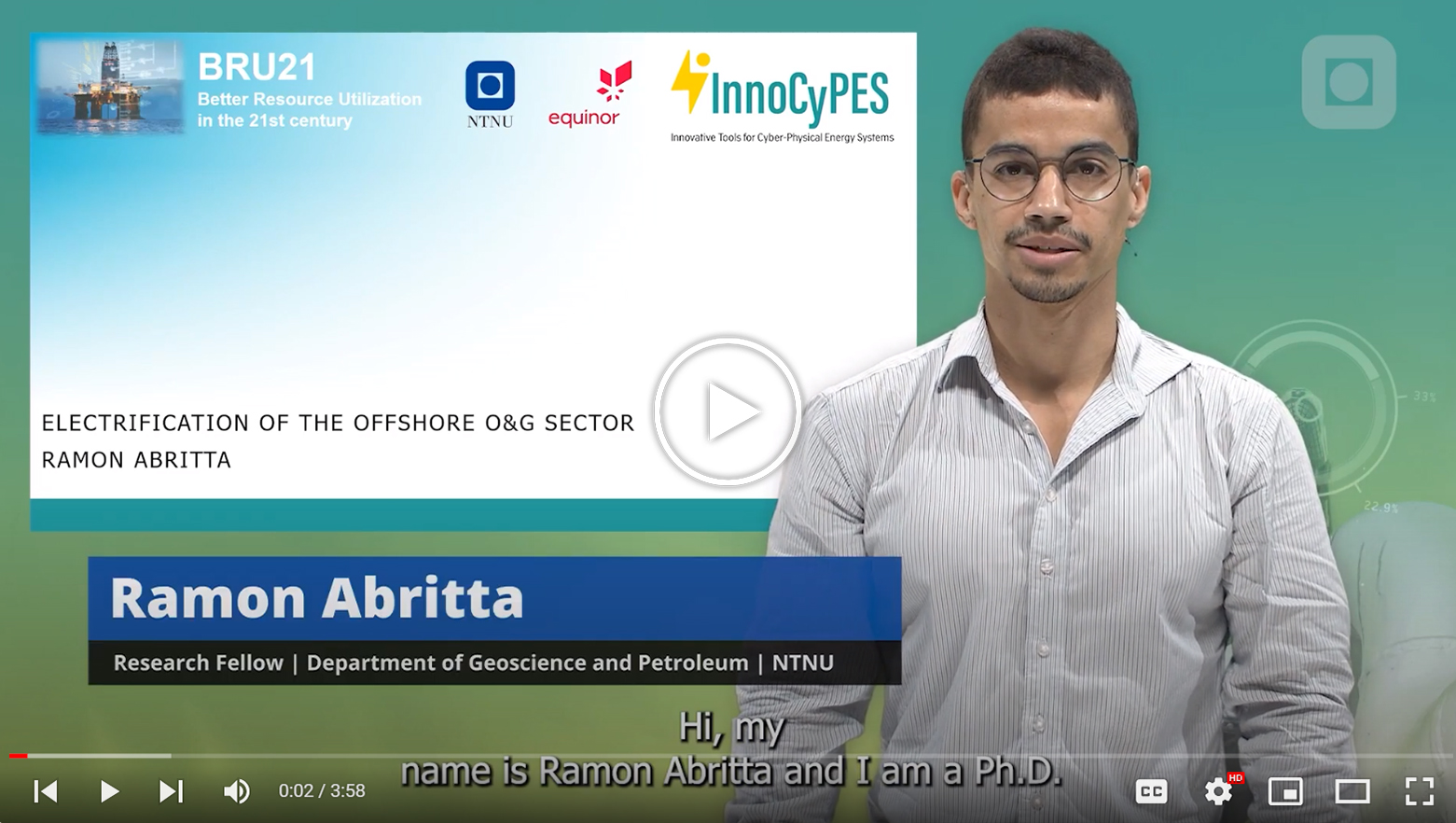New business and operational models - bru21
New business and operational models
New business and operational models
Digitalization opens new possibilities both for developing new and for improving existing business and operational models. This implies either designing optimal work processes to adapt to increased use of digital technologies, searching for new ways to exploit digital technologies for more effective work processes, or taking part in the growth of new, innovative business ecosystems. Central to new, innovative systems are the interfaces between oil companies and suppliers, as well as within the supply chains. The overall aim of the projects under the heading «New business and operational models» is to develop new and applicable insights into the organizational challenges that companies must handle, if they shall be able to realize the potentials of new digital solutions in their value chains...read more
Program area team
- Per Morten Schiefloe, Prof. Sociology
- Eric Monteiro, Prof. Information Systems
- Mary Ann Lundteigen, Prof. Safety of Automation Systems
- Vidar Hepsø, Adj. Prof. Digitalization, Equinor
- Itishree Mohallick, PhD candidate
- Nataliia Korotkova, PhD candidate
- Mahdis Moradi, PhD candidate
- Rialda Spahic, PhD candidate
- Ramon Abritta Aigular Santos, PhD candidate
Projects
Projects
Projects
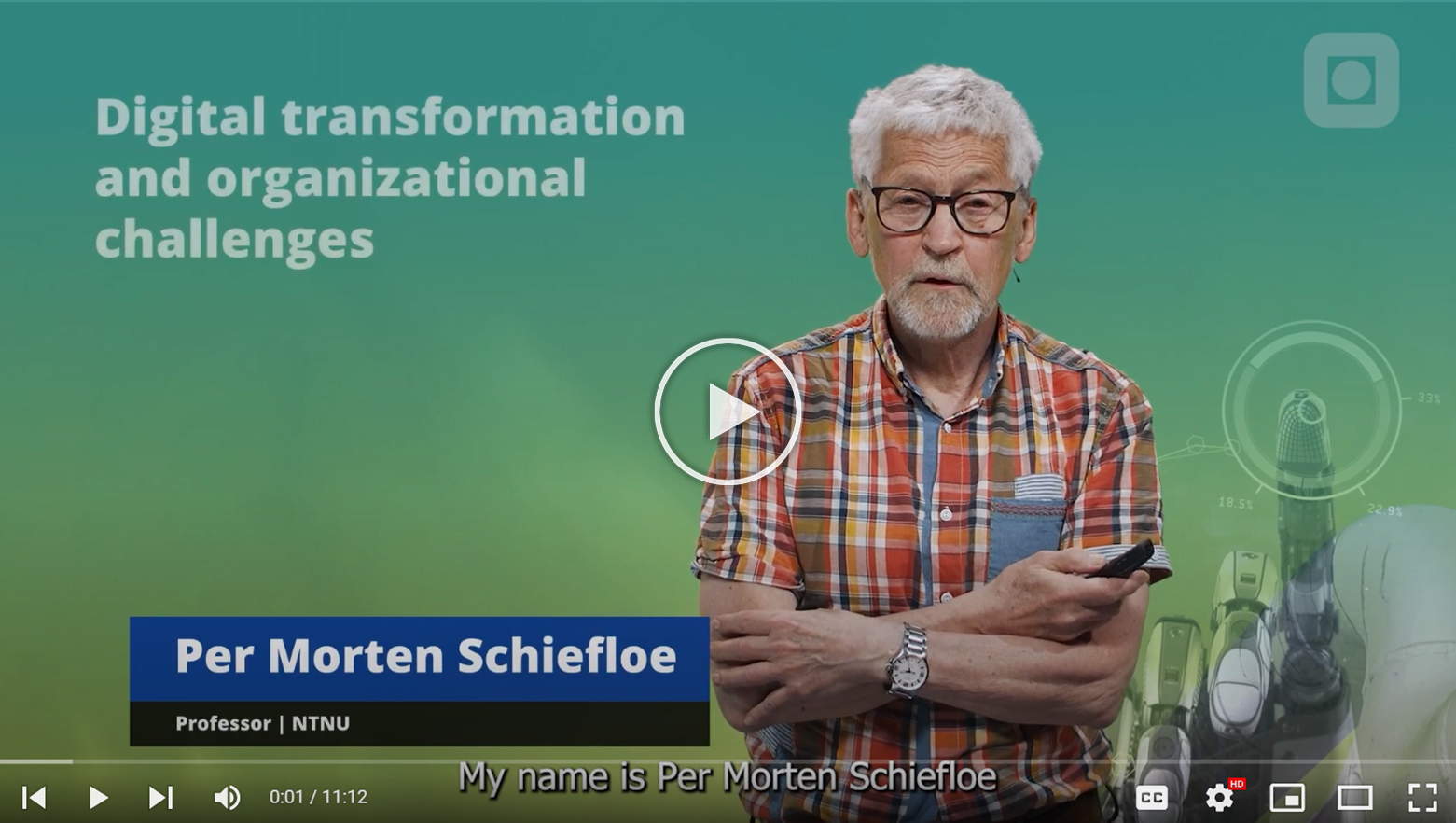
Digital transformation and organizational challenges
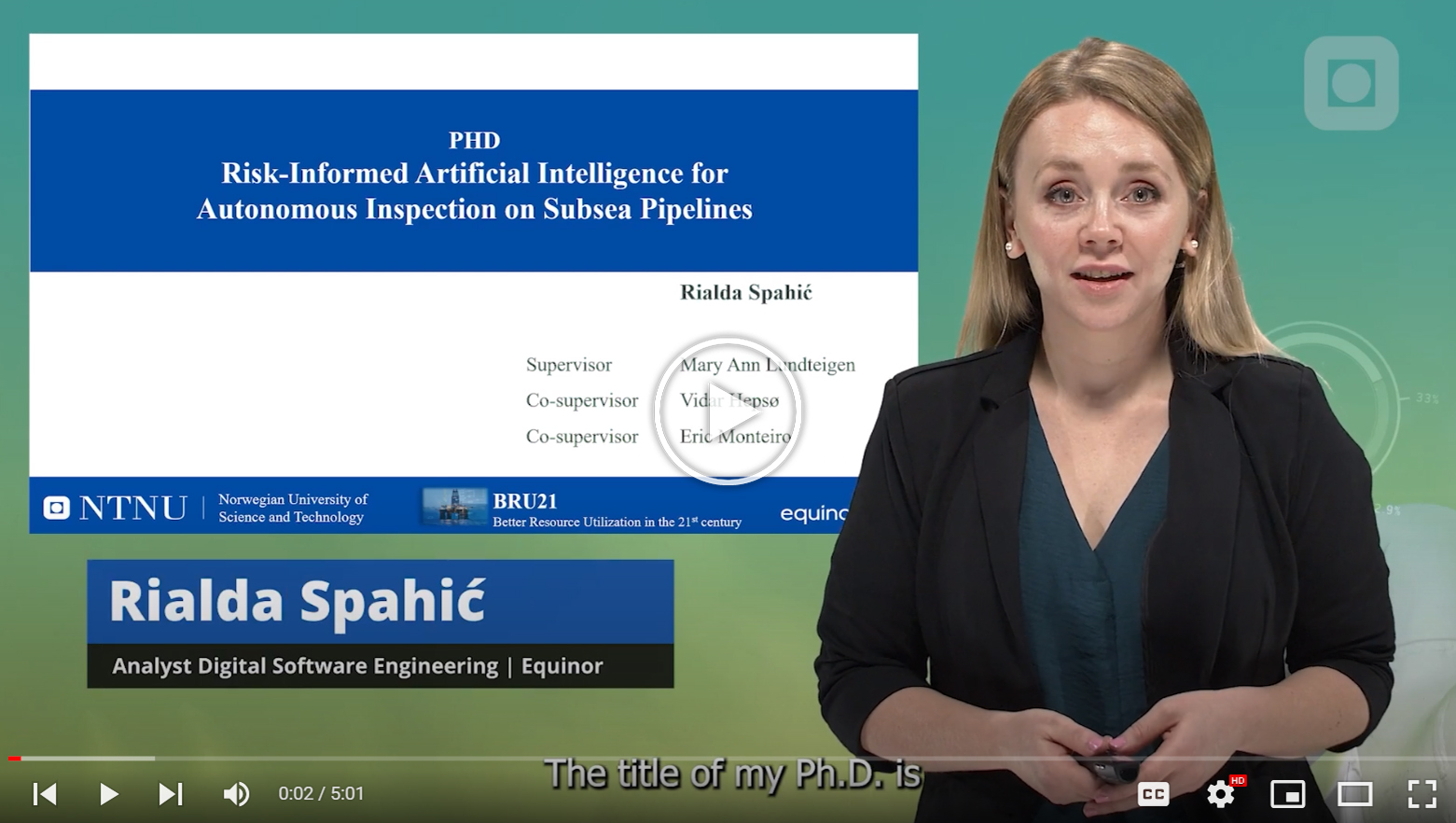
Remote operations and future operating models
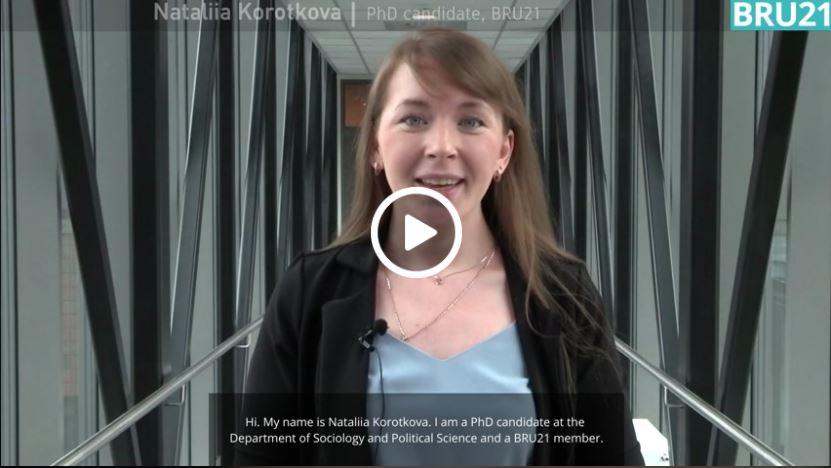
Digital Relations and New Business Models
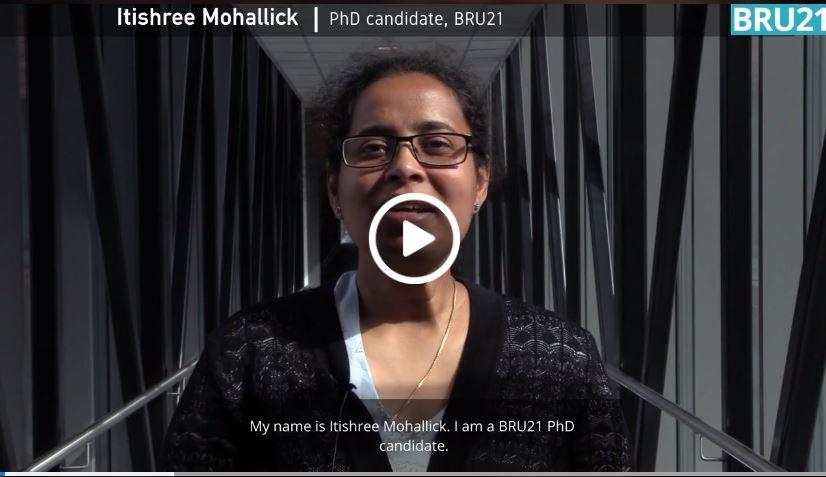
Collaboration and digital tools in early stage design of offshore facilities
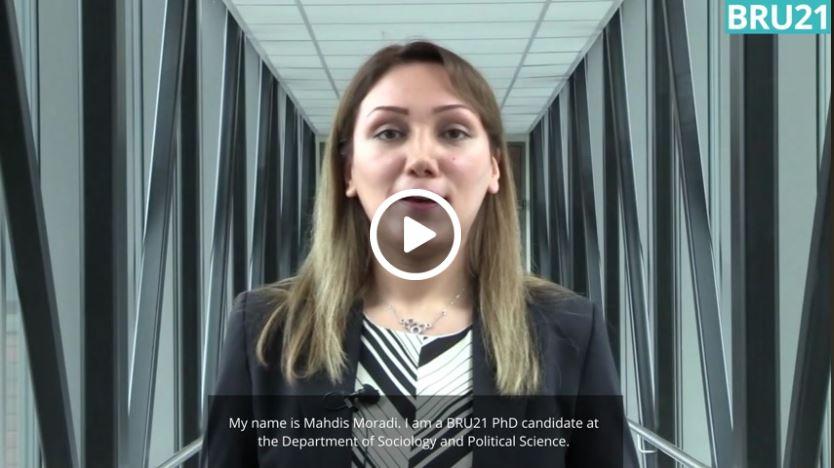
From idea to discovery: information sharing and cooperation in the exploration value chain
